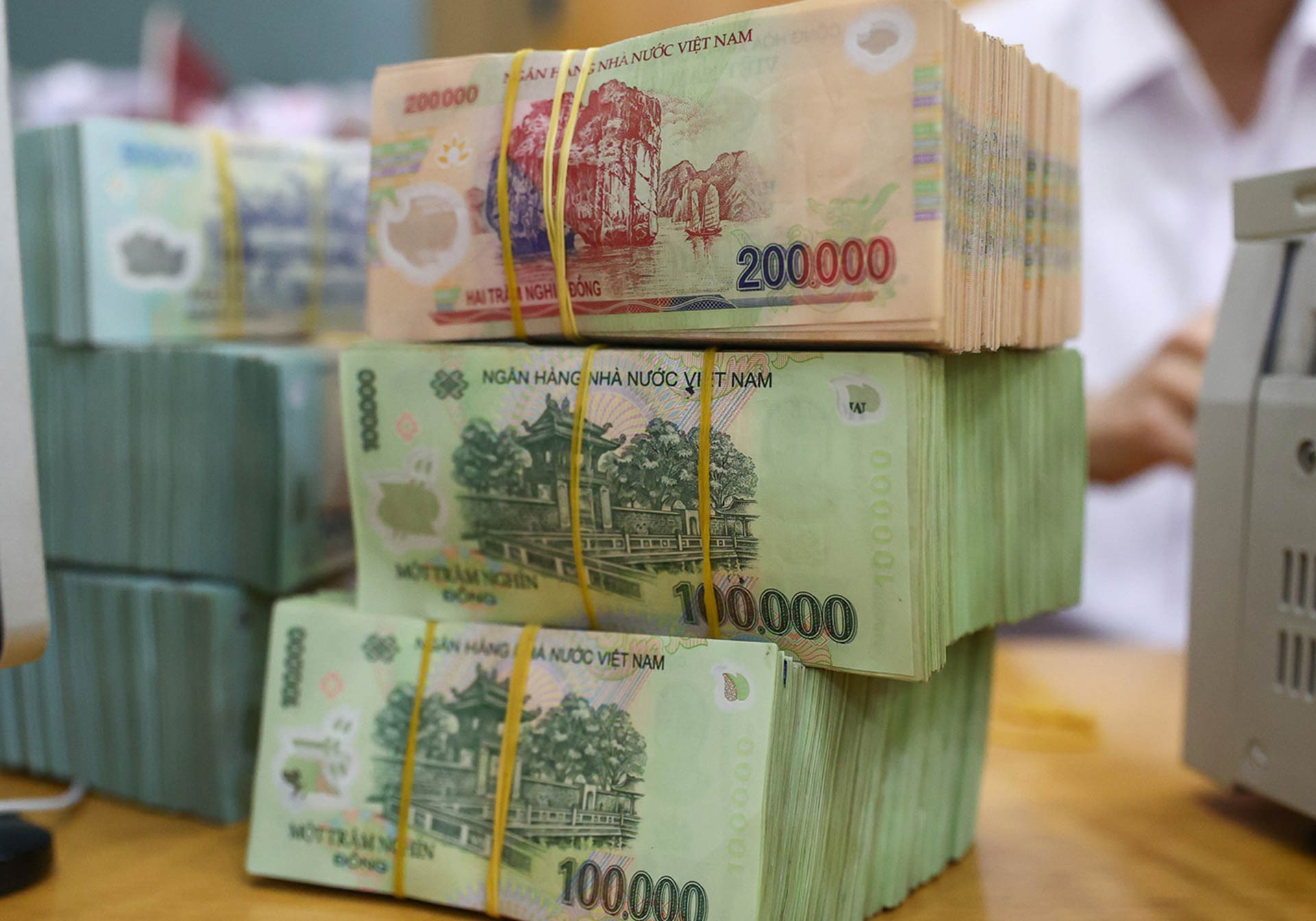Recently, the Economic Committee has just reported on the review and assessment of the implementation results of the National Assembly's Resolution on the 2024 Socio-Economic Development Plan; and the projected Socio-Economic Development Plan for 2025.
Regarding the corporate bond market, the Standing Committee of the Economic Committee said that the liquidity of the corporate bond market has improved significantly, but still faces many challenges to become an effective medium- and long-term capital mobilization channel for the economy, sharing the role of capital supply with the banking system.
The Vietnamese corporate bond market has experienced a strong growth cycle at a rate of about 45%/year in the period 2018-2021. However, the market has declined significantly since 2022 due to changes in the business environment, legal framework and some incidents related to violations of issuance regulations.

The declining role of corporate bonds poses a major challenge to meeting the economy's medium- and long-term capital needs.
Developments in recent years show that the corporate bond market is facing many difficulties and challenges, the Standing Committee of the Economic Committee emphasized.
Specifically, the market size is still small compared to the long-term capital needs of enterprises. The total outstanding debt of corporate bonds at the end of August 2024 was only about 1 million billion VND, equivalent to 10% of GDP. This figure is still low compared to countries in the region such as Malaysia (54% of GDP), Singapore (25%), Thailand (27%).
The issuance structure is not reasonable when private issuance accounts for a large proportion (about 88%), while public issuance is still very limited (about 12%). This not only limits businesses' ability to access capital from public investors but also creates risks to market transparency.
In addition, the investor structure is still unbalanced, with a large proportion of commercial banks and individual investors, while professional financial institutions such as investment funds and insurance companies still have limited participation...
The Standing Committee of the Economic Committee believes that these issues pose urgent requirements for improving and developing the Vietnamese corporate bond market in a more sustainable, transparent and effective direction.
To do so requires concerted efforts from management agencies, financial institutions and the issuing enterprises themselves to build a healthy corporate bond market that meets the growing capital mobilization needs of the economy in the upcoming development period.
To improve the corporate bond market, a draft to amend and supplement a number of articles of the Securities Law is currently being discussed.
In addition to legalizing stock manipulation with regulations restricting transactions with individual investors, to protect the market, the Draft Law on Securities (amended) also requires organizations issuing bonds to the public to have collateral or bank guarantees when applying for an issuance license (except in cases where credit institutions offer bonds as secondary debt that satisfy the conditions to be counted in Tier 2 capital and have a representative of bondholders as prescribed).
At the 38th meeting, Chairman of the Finance and Budget Committee Le Quang Manh presented the opinion of the Economic Committee (the agency assigned to review the content of amending the Securities Law) on this content.
To have a basis for a comprehensive assessment, the Economic Committee recommends that the drafting agency provide additional data such as the structure of individual corporate bond investors and carefully assess the long-term impact of limiting investors to only organizations.
Participating in the review, there are opinions that individual investors are a large group of investors participating in the individual corporate bond market. Eliminating individual investors will lead to a narrowing of the corporate bond market, greatly affecting the liquidity and capital mobilization capacity of enterprises.
"Therefore, this opinion suggests that this subject should not be eliminated, instead the Government should specify the standards and conditions for identifying professional individual investors, ensuring that professional individuals can assess the level of risk of individual corporate bonds when participating in investment," the review report stated.
In an article published in the Saigon Economic Journal, Mr. Luu Minh Sang, University of Economics and Law, VNU-HCM commented on changes in corporate bond management: Instead of an extreme approach of building technical barriers, authorities should consider a more balanced policy between the goal of protecting investors and creating conditions for businesses. A reasonable approach could be to classify types of bonds based on the level of risk. Accordingly, only high-risk bonds with low or no credit rating are required to have collateral or bank guarantees. Enterprises with good credit or a transparent and healthy financial situation may be allowed to issue bonds without collateral. |

Source: https://vietnamnet.vn/tiem-an-nhieu-rui-ro-de-nghi-xem-xet-ky-thi-truong-trai-phieu-doanh-nghiep-2331787.html



![[Photo] Moment of love: Myanmar people are moved to thank Vietnamese soldiers](https://vstatic.vietnam.vn/vietnam/resource/IMAGE/2025/4/3/9b2e07196eb14aa5aacb1bc9e067ae6f)

![[Photo] General Secretary To Lam receives Japanese Ambassador to Vietnam Ito Naoki](https://vstatic.vietnam.vn/vietnam/resource/IMAGE/2025/4/3/3a5d233bc09d4928ac9bfed97674be98)

![[Photo] Special relics at the Vietnam Military History Museum associated with the heroic April 30th](https://vstatic.vietnam.vn/vietnam/resource/IMAGE/2025/4/3/a49d65b17b804e398de42bc2caba8368)




















































































Comment (0)